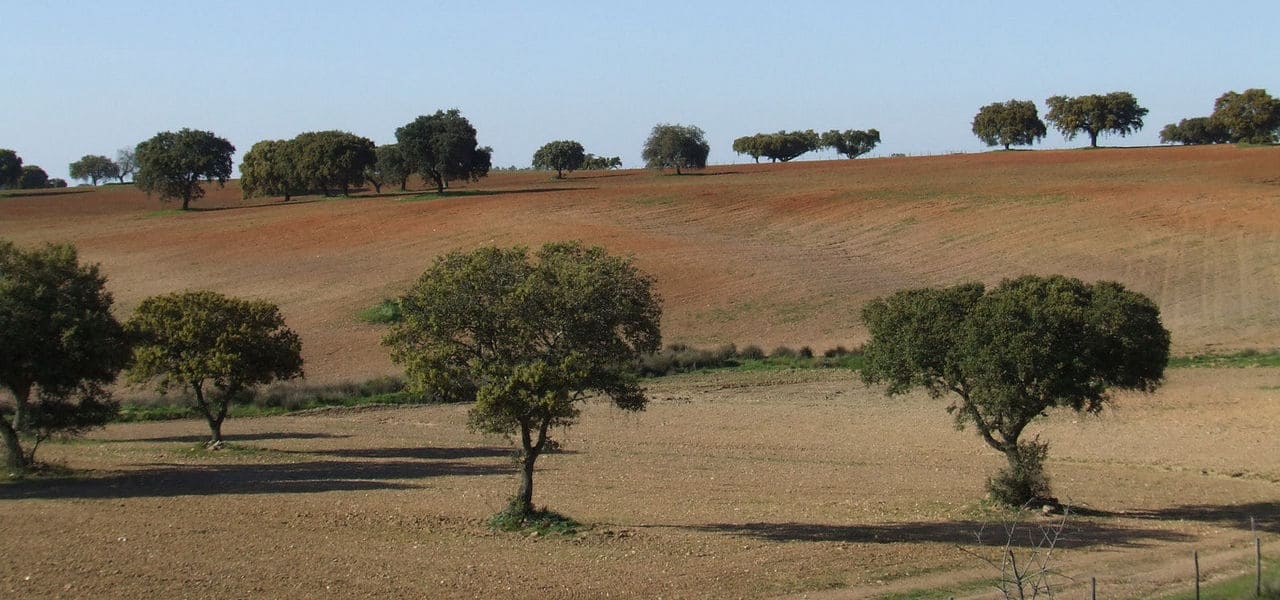
Monitoring, reporting, verification and mitigation of non-CO2 greenhouse gas emissions and related air pollutants from agriculture
Up to 6.000.000€
Description
The main goal of this opportunity is to reduce non-CO2 greenhouse gas emissions, especially methane and nitrous oxide, from agriculture. It aims to improve the ways these emissions are monitored, reported, and verified, while also deepening understanding of how agricultural practices and climate change affect them. Projects should focus on manure management, livestock feeding and grazing, soil tillage, fertiliser use, and liming. There is a strong emphasis on using harmonised metrics, minimising trade-offs between different mitigation measures, and connecting monitoring results with agricultural policy. The opportunity is open to participants in EU and associated countries, with international collaboration encouraged, notably with China.
Admissible Projects
- Projects must follow proposal format and page limits as described in the application guidelines.
- Applicants must be from eligible countries, which include EU and associated countries, and some non-EU/non-associated countries with special arrangements.
- If using satellite-based earth observation or related services, projects must use Copernicus and/or Galileo/EGNOS data.
- The Joint Research Centre (JRC) can participate as a consortium member.
- Applicants must demonstrate financial and operational capacity.
- Projects must align with the specific topic's goals and expected impacts.
Example projects:
- A research project developing new methods to monitor methane emissions from livestock using satellite data.
- A collaborative initiative testing improved manure management practices to reduce nitrous oxide emissions on European farms.
- An innovation project integrating emission monitoring results into national agricultural policy recommendations.
Eligible Expenses
- Personnel costs for researchers and project staff
- Equipment and materials directly needed for the project
- Travel and subsistence for project-related activities
- Costs for data collection and fieldwork
- Software and IT services essential to the project
- Costs for using Copernicus and/or Galileo/EGNOS data services
- Subcontracting for specialised tasks
- Dissemination and communication activities
- Project management and coordination expenses
All eligible expenses must fit within the lump sum funding rules set by Horizon Europe. Only costs directly related to the project are eligible.
Financial Information
- Budget for this Call: 12.000.000€
- Number of Grants attributed: 2
- Budget per project: 6.000.000€
Eligibility Criteria
- Applicants must be from eligible EU or associated countries, or from non-EU/non-associated countries with specific funding arrangements.
- Consortia can include the Joint Research Centre (JRC) as a member.
- If using satellite-based earth observation or navigation data, applicants must use Copernicus and/or Galileo/EGNOS services.
- Applicants must follow the official proposal format and requirements.
- Applicants must show they have the financial and operational ability to complete the project.
- Projects must address the topic's objectives and expected impacts.
Get matched with our experts

Need help applying?
Monitoring, reporting, verification and mitigation of non-CO2 greenhouse gas emissions and related air pollutants from agriculture
5
Specialized Consultants
SMART Application Package

Initial meeting to confirm eligibility.
Connection with the best specialized consultant for the incentive and industry.
Complete management and submission of application.
Timeline
May 6, 2025
Opening of Applications
The date when applications for the opportunity open.
Sept. 16, 2025
Deadline for Submission
The date when applications for the opportunity close.
May 6, 2025
Opening of Applications
The date when applications for the opportunity open.
Sept. 16, 2025
Deadline for Submission
The date when applications for the opportunity close.
